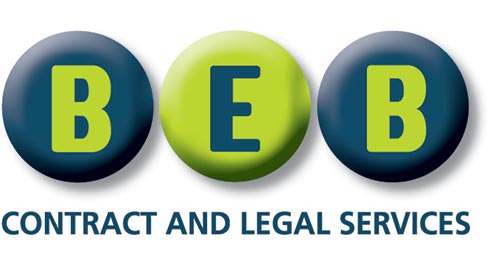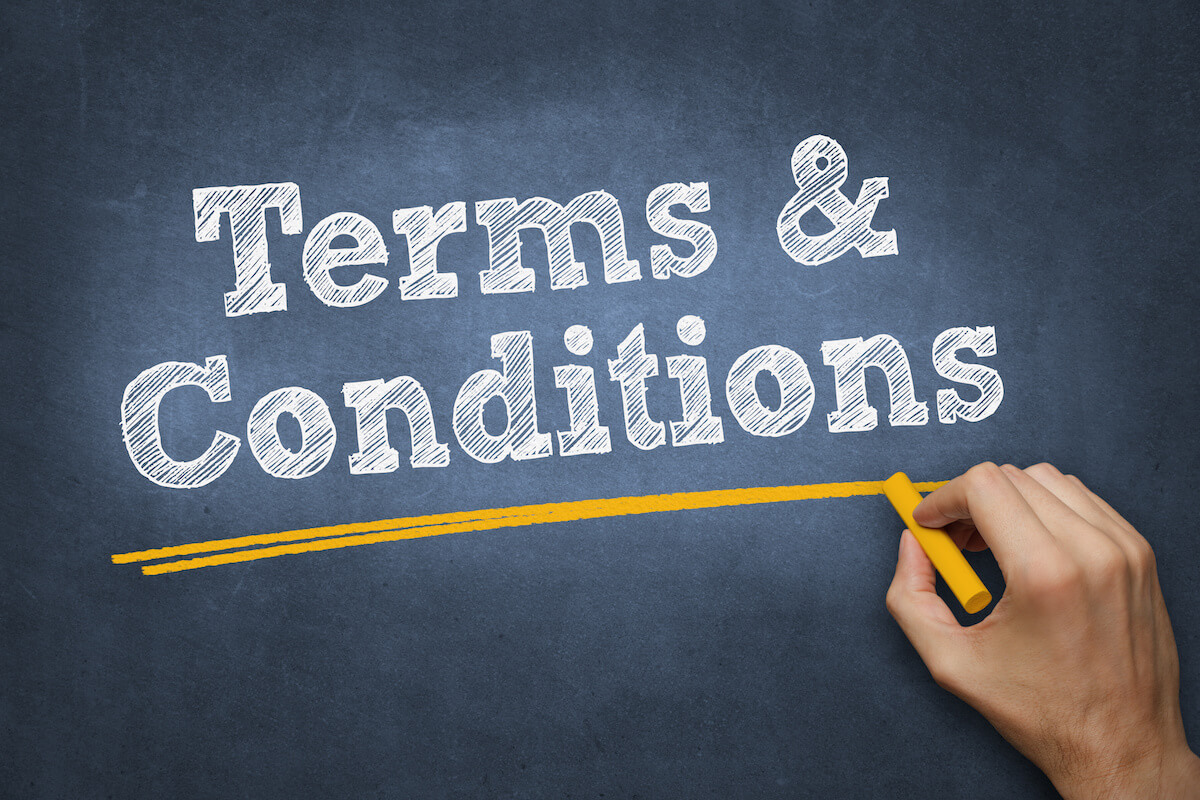Why does my website need terms and conditions?
Every business needs terms and conditions to fully protect them. It clearly sets out what each party is responsible for and what each party will get from the agreement. This means you are fully protected should anything go wrong with your working together and you will be able to settle disputes relatively quickly and easily without the need for the courts to get involved.
Are website terms and conditions a legal requirement?
No, but you are potentially increasing your liability if you don’t have them. Not letting consumers know where they stand, what their rights are and what your policies are means that you could end up having to give your customers unlimited time to cancel, and other additional rights which are not beneficial to you.
Has GDPR changed the approach you need to take?
You should have a data protection clause in all of your contracts, and ensure that your customers are fully aware of how you use your data. Generally the bulk of your GDPR obligations are held in your privacy policy, but the two need to make sure they are working together to ensure that there is no conflict.
What should my website terms and conditions include?
When you are selling online your terms should essentially explain your process, from how you make an order, describing how you pay, how delivery is achieved, and your cancellation terms. This should fully set out your boundaries, what is acceptable and what is not. Most importantly, you need ensure that if you work with consumers, that their consumer rights are covered in your terms and conditions and are very obvious to them.
What do website terms and conditions protect me from?
Terms and conditions protect you if a dispute arises between you and another party. The contract that is formed between you and the other party will be based on the terms and conditions that you put forward. However, it will only be based on your terms and conditions if the other party can easily access your terms and conditions, which is why it is essential to have them on your website.
What are the key mistakes most make with their website terms and conditions?
Not having any is the first big mistake most make! Then people often use a free template or steal somebody else’s terms without knowing how good they are, these are often outdated and no longer enforceable. On top of that, they won’t match your business processes! Many people find something incredibly standardised and don’t make it match their business. You won’t be protected in a law court if your terms don‘t represent your processes.
Is it OK to use templated or free website terms and conditions?
While it is legal to use templated or free website terms and conditions, the terms that will be included in these are general and may not cover every aspect of your business, or include some terms that are completely irrelevant to your business. If the terms do not cover an essential part of your business, this may leave you vulnerable if a dispute arises with another party. This is the reason why we choose to personalise all terms and conditions that we write, and make them bespoke for each individual business.
Do website terms and conditions protect you from copyright infringement?
People may still try to infringe your copyright regardless of what your terms say. However your terms shall specify exactly what is officially copyrighted, which parts are your intellectual property, and what visitors to your site can do with the data, meaning that if there was ever a breach of your intellectual property rights it would be very clear and therefore easily resolved.
How terms and conditions change depending on your website offering?
To put it simply, they need to match you and your business, so if two businesses are drastically different then their terms will be too! Some websites take payment through them, some through a payment gateway such as PayPal, some may invoice and pay separately to the website – all these scenarios need to be covered in your terms and conditions.
How terms and conditions change depending on your target audience / industry?
Terms and conditions need to include different terms depending on who you are selling to. If you are selling to consumers, there are certain terms that you have to include legally. This includes a 14-day cooling off period that consumers have a legal right to.
Should terms and conditions be written in legal jargon?
Although there is some essential legal ‘jargon’ that needs to be included to terms and conditions to allow them to stand up in court, the whole document does not need to be written in such a way. The main part of the terms and conditions should be written in clear English so that it is easily understandable to anybody that reads them. This allows for more understanding and less confusion, which could stop disputes from arising.
What’s the difference between terms and conditions, terms of service and other legal notices?
In law, the titles of the document are the least important factor, so often terms and conditions are called terms of service, terms of business, or many other words and phrases. The difference between these documents is usually within the contents, privacy notices and other legal notices may only focus on data protection, or another legal area; terms of business often are how one makes an order and how you pay, whereas other documents may cover every area of your business and how it works. It doesn’t matter what you call the document as long as it is fully protecting your business.
Should I have all my website policies in one document or separate?
It is ideal to keep them all in the same place, links in the footer for example, but in terms of the actual document it is best to keep them separate. Website visitors who are looking for information with regard to your data protection policies are not going to want to read through clauses relating to payment and ordering, and vice versa. Keeping documents separate helps keep them short and simple therefore easier to read and understand.
Is it possible to enforce website terms and conditions?
Yes of course, provided they are obvious to your website user there is no reason why they would be any less enforceable than any other contract. They must still adhere to consumer law and any other law where applicable, and contain fair clauses that are legally enforceable, but if this is the case, the contract will still be enforceable.
How often should I review and update my terms and conditions?
We recommend that as your business grows and evolves you periodically check your Terms and Conditions to ensure they reflect all aspects of your business, certain areas of the law also changes from time to time too, which you have to be up to date with. If there is a major change in the law or your business processes, or you have new offerings you should get them checked out, otherwise every couple of years should be sufficient.
How do I use the terms and conditions once written?
Simply make the Terms and Conditions accessible on your website and attach them with every quotation that is made and send them with any order confirmation. Consumers must be aware of the Terms and Conditions at the time of booking; otherwise, they will be unenforceable. Get professional help.
How much will appropriate website terms and conditions cost?
For bespoke Terms and Conditions, we offer this for £399 + VAT. If you require more than one document, such as a Privacy Policy, GDPR Policy or anything else, we offer a variety of packages that provide better value depending on how many documents you need. Get in touch with us for a no-obligation discussion on what might be the most beneficial to you.
How we can help you with your website terms and conditions?
We can help by drafting you some website terms and conditions to match your business and the site that they are on, we also offer a review service where we can look over your current terms, point out weaknesses or illegalities, and amend the contract accordingly to ensure that you are fully protected.

